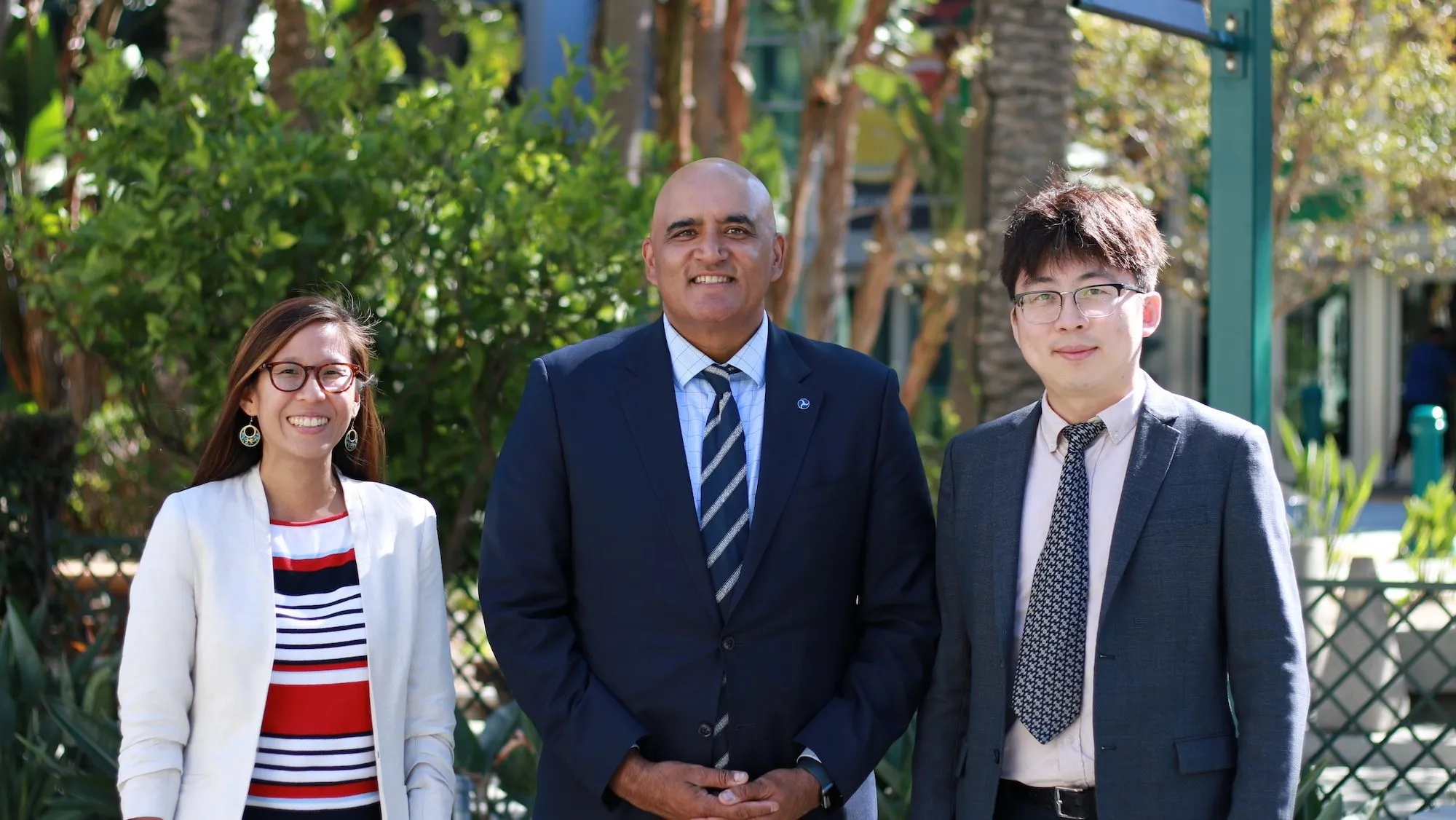WSP/Parsons Brinckerhoff has been awarded a contract by the American Center for Mobility (ACM) to develop a concept of operations, system requirements, and a procurement strategy for the technology elements of a major new connected and automated vehicle test site facility.
The ACM will be built on more than 335 acres adjacent to Willow Run Airport in Ypsilanti, where B-24 bombers were made during World War II in a factory built by Henry Ford. It aims to become a national advanced automotive testing and p
December 20, 2016
Read time: 2 mins
The ACM will be built on more than 335 acres adjacent to Willow Run Airport in Ypsilanti, where B-24 bombers were made during World War II in a factory built by Henry Ford. It aims to become a national advanced automotive testing and product development centre that can accommodate the broad needs of industry and government, test various weather conditions including ice and snow and provide room to grow and adapt as technology dictates. The centre will carry out precautionary testing before vehicles are deployed on the road and provide a proving ground for collaborative safety technology demonstrations. The ACM will also serve as a convening centre to accelerate the development of voluntary standards.
The concept of operations will define requirements for the test facility, including connected vehicle infrastructure, traditional intelligent transportation systems (ITS) technologies, data collection, monitoring and test simulation needs associated with the site.
As the prime consultant, WSP/Parsons Brinckerhoff will coordinate with staff and contractors to develop a complete baseline understanding of the project, identify all user needs, establish a proposed phasing for the site development and coordinate all third party agreements which could impact the design concept. The firm will conduct stakeholder outreach meetings in Southeast Michigan with key stakeholders and customers in order to identify system needs.








